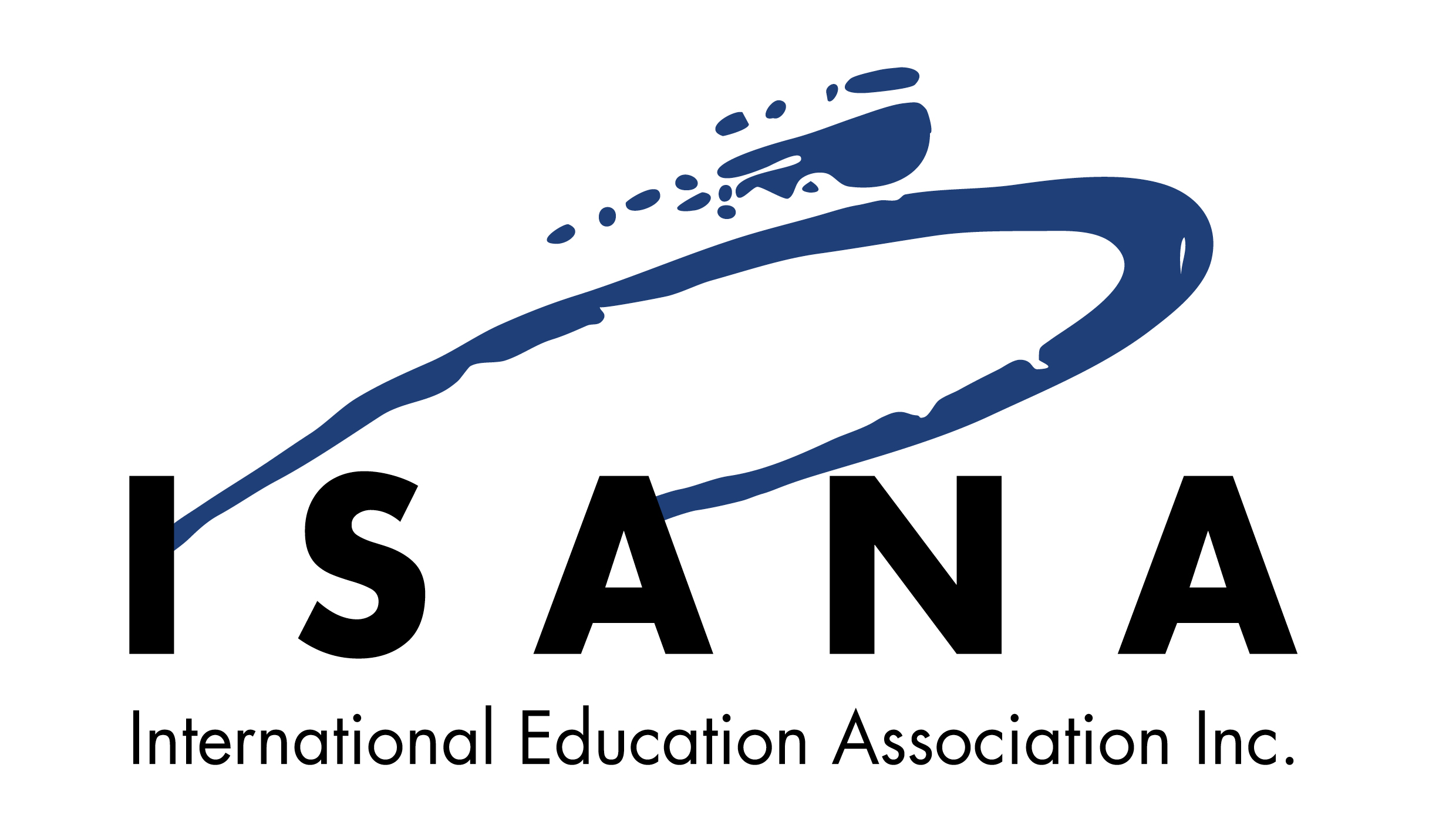
- This event has passed.
ISANA Vic/Tas Branch – Mental Health Social Support
18/10/2019 @ 8:30 am - 5:00 pm AEDT
Register Now!
Mental Health Social Support (MHSS): How to facilitate an effective helping process (click here for pdf flyer)
Facilitator: Coby Liew
Coby Liew is an experienced social worker, psychotherapist, and a licensed MHSS trainer in Australia. He is experienced in working with individuals from diverse backgrounds and cultures. Coby offers a collective ten years of working experience in various fields such as community engagement, mental health and disability, tertiary and higher education, human services, international education, project development, and customer service. Coby has a unique multicultural philosophy complimented with a range of valuable experiences underlying his values and practice framework. He has developed a number of successful initiatives throughout his professional career with a focus on mental health and community engagement.
Cost: ISANA members no cost | Non-members $80 (click here to join ISANA)
Venue:
University of Tasmania
Centenary Building
Level 4, Function Area
Grosvenor Crescent, Sandy Bay, TAS
Building number 10 on this campus map
Overview:
The emphasis in this PD session is on assisting with the emotional well being of the person whom you are helping, rather than on the skills needed to address physical injuries and illness. For this reason, the skills you learn may be applied to very common, everyday situations, especially when working with students from different backgrounds and cultures.
There may be no evidence of cause for the distress that you observe in someone, but you may feel that there is nevertheless grief or stress present, and you would like to feel competent to help in some way. Perhaps you have found yourself in a situation among distressed people where you are asked to provide help, or you may see that help is needed, but you are not quite sure how to offer it. Yet, you know that to do nothing is not an option, so you pitch in and do your best to provide comfort until professional help arrives.
Thus, in this PD session, you will learn how to recognise symptoms of mental distress that might not be so evident to others and what you can do when there is a need for a person (a victim’s family member, for example) to be referred on to more advanced levels of help, such as to counsellors, doctors, or the police. You will learn a different set of skills and develop your own approach that suits you best when working with individuals.
Note: MHSS training is different from MHFA in terms of its learning content and outcomes.
By the end of the session, you will learn:
- some of the core skills needed when helping your helpee(s);
- what roles you might take up as a Mental Health Social Supporter;
- what traps you will want to avoid in the helping process;
- what responsibilities you take on as part of this sort of caring; both to your helpee and yourself;
- which aspects of a person you should work with when you intend to comfort, encourage, or provide practical guidance to a helpee;
- what personal qualities and skills will help you to be effective;
- what “micro-skills” will help you to have maximum positive impact.
Program schedule:
0830 Registration and networking
0900 MHSS training (Part one)*
1000 Short break
1030 MHSS training (Part two)* 1
1130 Project discussion and preparation
1215 Lunch
1300 MHSS training (Part three)*
1400 Short break
1415 MHSS practical exercises (Part four)*
1515 Afternoon break
1530 Project presentation*
1630 Q&A, feedback, and suggestions
1700 End
*We endeavour to run every session in an interactive and interesting way to enhance participants’ learning and practice.
